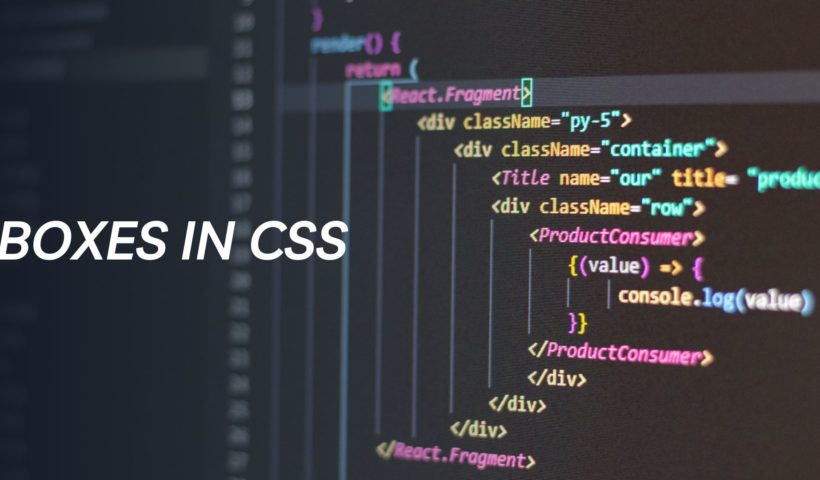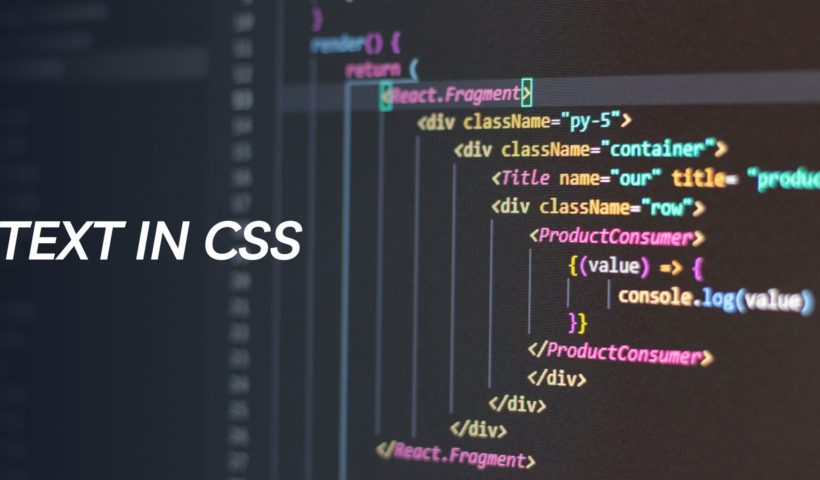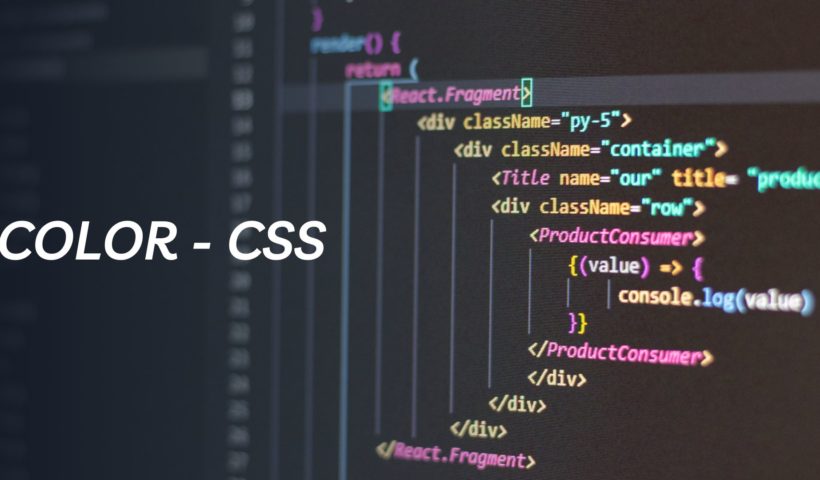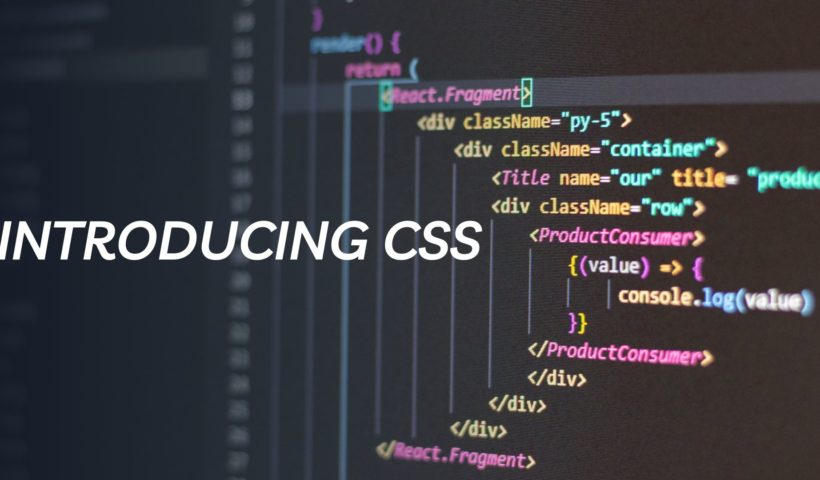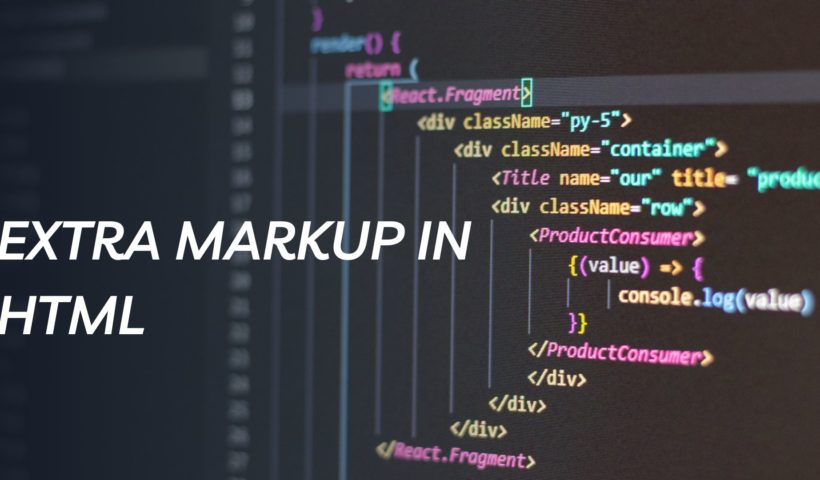Lorem ipsum dolor sit amet consectetur adipiscing elit, sed do eiusmod.
View More Blog 4Author: admin
Blog 3
Lorem ipsum dolor sit amet consectetur adipiscing elit, sed do eiusmod.
View More Blog 3Blog 2
Lorem ipsum dolor sit amet consectetur adipiscing elit, sed do eiusmod.
View More Blog 2Blog 1
Lorem ipsum dolor sit amet consectetur adipiscing elit, sed do eiusmod.
View More Blog 1LIST in CSS
In CSS, you can style HTML lists to customize their appearance, layout, and bullet points. HTML lists come in three main types: unordered lists (<ul>),…
View More LIST in CSSBoxes in CSS
In CSS, the concept of “boxes” refers to how HTML elements are visually represented on a web page. Each HTML element is treated as a…
View More Boxes in CSSText in CSS
In CSS, there are several properties that allow you to style and format text. These properties give you control over the font family, size, color,…
View More Text in CSSColor in CSS
In CSS, the color property is used to set the text color of an element. It defines the foreground color for the content of the…
View More Color in CSSIntroduction to CSS
Introducing CSS (Cascading Style Sheets): CSS, short for Cascading Style Sheets, is a fundamental technology used in web development to control the presentation and layout…
View More Introduction to CSSEXTRA MARKUP IN HTML
“Extra markup” in HTML refers to additional elements or attributes that provide extra functionality, semantics, or structure to a webpage beyond the basic elements. These…
View More EXTRA MARKUP IN HTML

